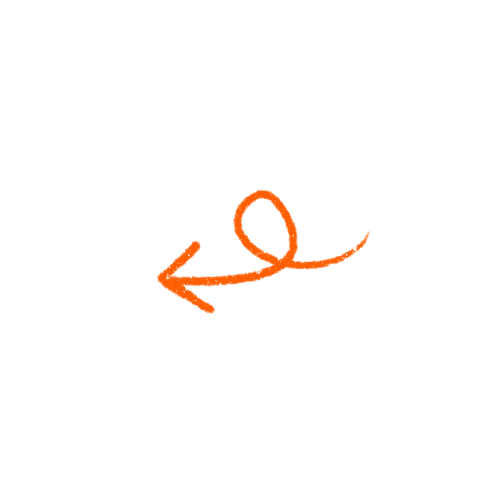The Way of Mals – Carolin Holtkamp: Guided Tour
After years of efforts1 to protect the environment and the health of the population of the area of Mals and the “Malser Haide”, and after that the peaceful co-existence of all farming practices has proven ineffective due to the fruit industry ruthlessly continuing to use its pesticides in a landscape area which is on one hand small-structured, and on the other hand haunted by the constant upper wind (‘Oberwind’, a special wind of the area), 2013 has become the founding year of a “promoter committee for the pesticide-free municipality of Mals” in the library of Mals: 47 citizens were present in person, 25 other citizens submitted power of attorney.
In this committee of the “Malser Weg”, a social movement, all age groups as well as all professional groups were represented; from dairy farmers, livestock farmers and grain farmers to university professors. Explicitly supportive groups were: Hollawint, Adam & Epfl, Bioland / Demeter, organic farmers of the municipality of Mals, Naturfreunde Obervinschgau, Umweltschutzgruppe Vinschgau, Kornkammer and the “doctors / pharmacists / veterinarians / biologists of the manifesto of 30th July 2013”. Johannes Fragner Unterpertinger / Hans Perting, pharmacist in Mals, was elected spokesperson for the group.
The principles of our project, the “Malser Weg”, concerning health, politics, society, ethics and ecology, are:
- the preservation and strengthening of the health of all
- a healthy development and the integration of all sectors of the economy into the project, in the
interest of the common good, whereby we attach particular importance to the strengthening of
a local, natural cycle - the switch to ecological agriculture, within approximately 10 years, driven by different economic, social, ethical and cultural incentives
- the “marketing” of ecology as a quality feature for tourists (e.g. a brand “Obervinschgau”),
because healthy, ecological and sustainable tourism will also be an important economic driver
for agriculture, crafts and trade - further strengthening of the identification of the local population with our project concerning
health, politics, society, ethics and ecology and thus - an attempt to change and strengthen the attitude and behavioural patterns of the population
towards an environmentally conscious, social and ethical attitude
Because the “Malser Weg” tells us: Everyone has an influence on the creation and the environment.
He must be aware of this and act and live responsibly so that the next generation still has the basis of a livelihood and quality of life. Future plans are future organizational charts, so the future must always be worked for in order to be able to create a basis for a future. That is why our project group works openly and transparently for a pesticide-free Malser community. Thereby, this project does not seek to provoke a political confrontation but works for the development of a health policy and a social and ecological alternative that includes an adaptation period of several years. Like cultural assets, landscape assets and their products are shifting increasingly into public interest and are becoming the subject of general interest and conservation. This “Future Program” ranges from the Solidarity Economy to software development, from Permanent Agriculture to Permanent Culture, a life-promoting culture in the broadest sense. The aim is to achieve higher value and higher and more substantial value certificates for a pesticide-free community area in Mals.
–more information here

